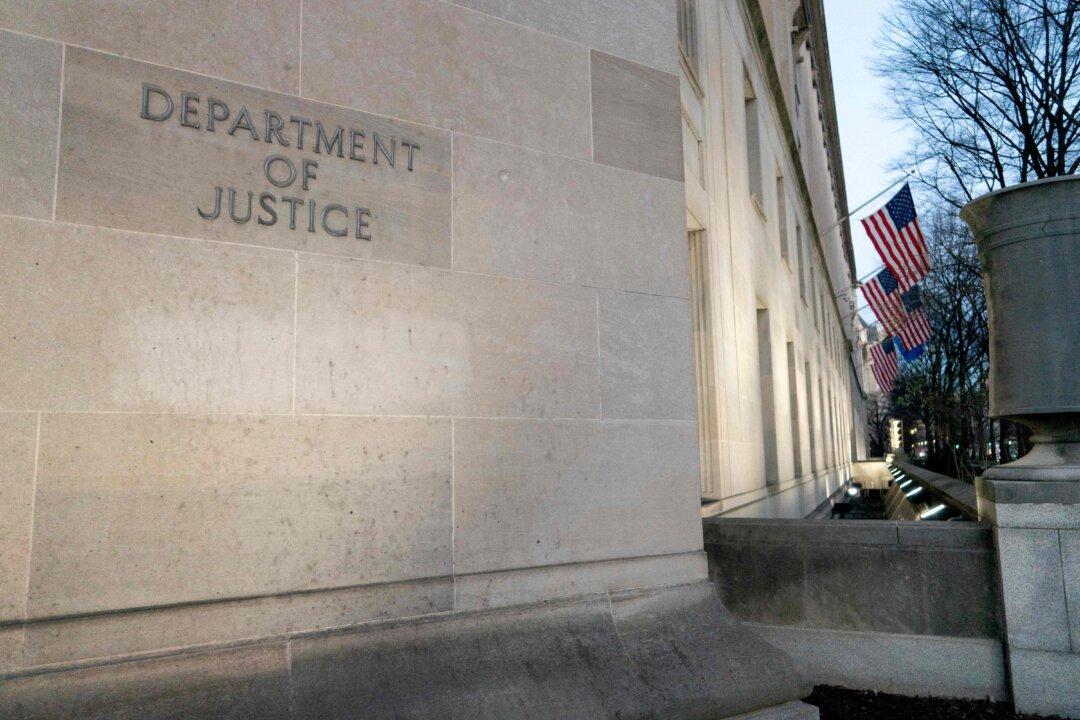The Biden administration has urged the Supreme Court to reject a Republican bid to re-empower state legislatures to regulate congressional and presidential elections as they say the U.S. Constitution requires, including removing the judiciary’s power to weigh in on redistricting and other disputes.
The legal filing came in a high-stakes case, Moore v. Harper, court file 21-1271, that the Supreme Court is scheduled to hear on Dec. 7.





